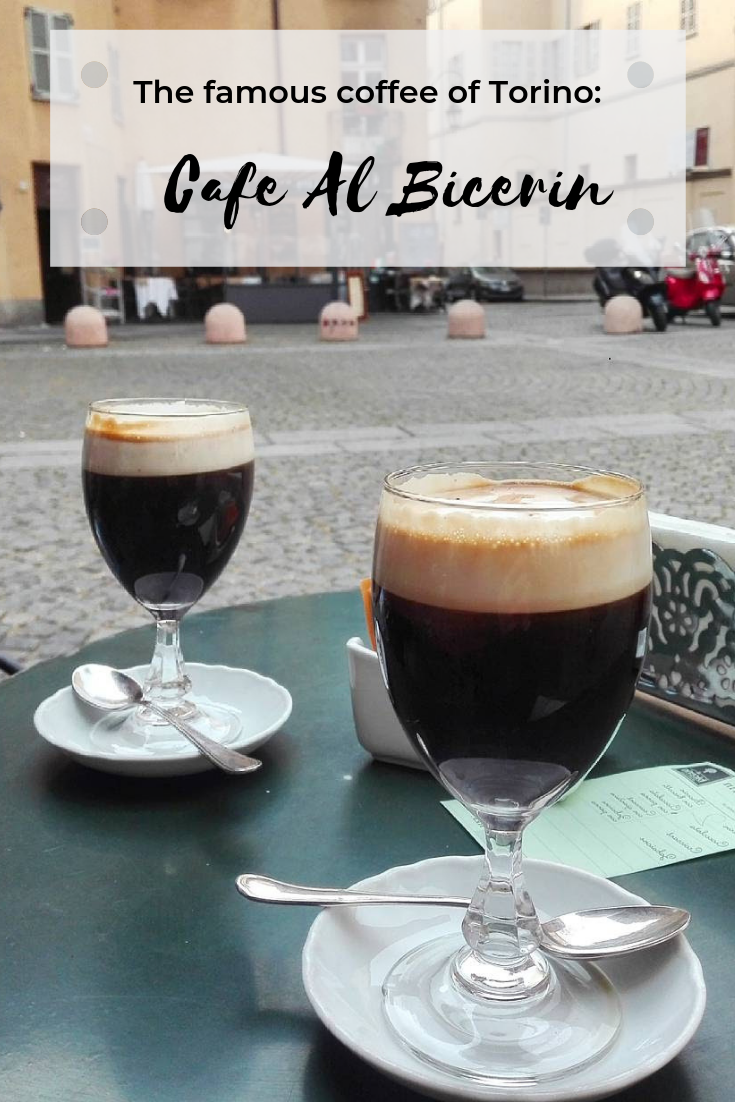There’s always a battle between the traditional coffee bars of Italy, and the specialty coffee shops making their way into Italian cities. Many say this generation of Italians drink so much coffee and pay little attention to the origin and ethics behind their coffee beans. In Torino, this isn’t exactly true, many coffee bars use beans sourced from local roasteries, or fair trade and single origin varieties sourced from more common companies such as Torino’s own Lavazza.
Coffee in Turin
While Juventus and FIAT may first come to mind, Torino has been a city with a love for food, especially chocolate and coffee since the 1700s. The Torinese love to combine coffee with their melted hazelnut chocolate “gianduja”, which has been around since chocolate was first brought to the kingdom in the mid 18th century.
World-famous Lavazza, Caffe Vergnano, and Caffe Costadoro were all founded in Torino in the 1880s and 1890s. While their coffees are enjoyed around the world, they continue to be sipped on in Torino’s famous historic cafes; Many of these cafes were established when the city was home to the King of Sardegna and Sicily, on it’s way to being the capital of future Italy. It was here at these cafes, dotted along the grand piazzas, intellectuals, writers and Italian politicians often met. Torino is where it’s believed Italian coffee was perfected – the birthplace of the iconic espresso – the 1 euro fix that millions of Italians and international coffee lovers enjoy daily.
In 1884, Angelo Morando of Torino designed the first espresso machine in order to serve clients faster at the busiest times of the day. His original design used vapor (like the Moka) which made up to 10 coffees in 2 minutes. Morando’s design was then adapted by Achille Gaggia (of the still active Gaggia) in 1938, applying high water pressure for faster production. While it impacts speed, the ratio of pressure and vapor combined even today is crucial with the modern espresso machine, allowing for the full aromas of the coffee to come through.
However, long before the espresso machine was innovated, Torino’s royals, politicians and nobles came together to share “un caffè” in true Enlightenment epoch fashion in Torino’s iconic cafes. Still, a local favorite haunt of today, Cafe al Bicerin, dates back to 1763.
A little backstory
Before I tell you about the amazing Cafe al Bicerin, the story of chocolate and coffee in Turin goes back a little further, and is worth a mention.
About 100 years before the Bicerin, there was the “Bavareisa”, the preferred drink of Princess Marie Jeanne Baptiste of Savoy in the 1600s. This drink was invented by Giovanni Antonio Ari, a local chef. It brought together the Savoy court’s love of chocolate with the rich flavors of coffee. And rather than being a coffee with chocolate in it, it was rather considered a decadent hot chocolate, flavored by coffee. It was 300g of dark chocolate, mixed with 160ml of coffee, 100ml of whole milk, 100ml of liquid cream, and finally 20ml of sugar syrup.
Much richer than the Bicerin we know today, it can be seen how the drink took shape through the years.
Cafe al Bicerin
A particularly unique cafe for the time, Cafe al Bicerin was opened by a man, but from the second generation onward was run by the women of the owner’s family. Located across from the church in Piazza della Consolata, it is said that its patrons too, were mostly female. During the late 1700s and early 1800s, it was uncommon for a woman to go out unaccompanied, especially to a social area such as a bar; but Cafe Al Bicerin created a welcoming space for women, one of the few social spaces they could gather to meet and pass time.
Originally a small store that sold primarily soft drinks, it found its claim to fame with the discovery of the Bicerin drink. First named the ‘n poc ‘d tut, meaning a bit of everything, it has just that: a layer of foamed warm milk, coffee, and hot chocolate. The name Bicerin refers to the small glass cup it is served in. Starting with a base of melted gianduja chocolate, covered by a shot of espresso and then topped with foamed milk, Bicerin is meant to be enjoyed as it is served (without stirring and mixing layers), allowing the chocolate to pass through the coffee and milk with each sip.
Until the late 1900s, the price of a Bicerin was only 15 to 20 cents lira. Today you will find it from 4-6 euros at most cafes. It’s an acceptable treat at every hour of the day, even after dinner. While many Italians enjoy a quick espresso and sweet pastry such as a brioche in the morning, a Bicerin is taken alone as it easily replaces the need for a sweet and a caffeine fix.
Cafe al Bicerin is open every day except for Wednesday and is worth a stop in for the elegant antique design.

If you found this information helpful you can show your support by buying me a glass of wine 🥂. I really appreciate it and each glass inspires me to research more into life in Italy!
And if you are looking for more help on your journey of making Italy home or looking for local insight to plan the best trip, get in touch, let me help you experience authentic Italy.
